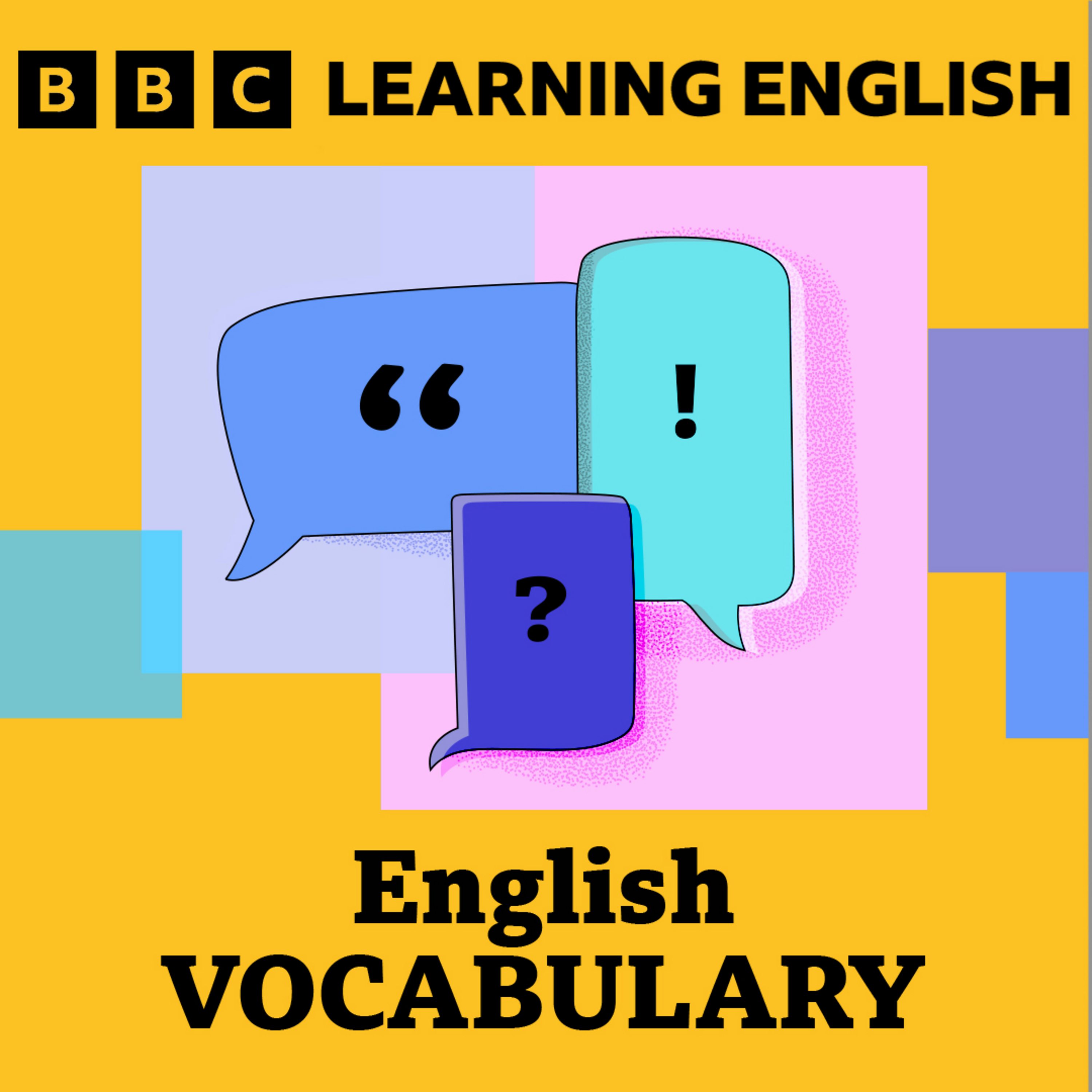
Deep Dive
What are short spoken forms in English?
Short spoken forms are informal contractions like 'gonna' for 'going to', 'wanna' for 'want to', and 'gotta' for 'got to', commonly used in casual conversations.
Why do English speakers use short spoken forms like 'gonna' and 'wanna'?
Speakers use these forms in informal situations to talk quickly and naturally, especially with friends. They make conversations sound more casual and fluid.
Is it acceptable to use 'gonna' in a job interview?
While 'gonna' can slip out naturally, job interviews are formal, so it’s better to use the full form 'going to' for politeness and clarity.
When can 'gonna' be used in English?
'Gonna' is used to replace 'going to' when followed by a verb, such as 'I'm gonna go to Paris', but not in cases like 'I'm going to Paris' without a verb.
What are some other examples of short spoken forms in English?
Other examples include 'watcha' for 'what are you', 'dunno' for 'I don't know', 'wanna' for 'want to', 'gotta' for 'got to', and 'lemmy' for 'let me'.
How can learning short spoken forms help English learners?
Learning these forms helps learners understand spoken English better and sound more natural in conversations by reflecting how native speakers communicate informally.
What advice is given for practicing short spoken forms?
Regularly watch TV, movies, and video clips in English, listen for these forms, and practice repeating them to improve comprehension and fluency.
Shownotes Transcript
Gonna, wanna, dunno, whatcha… are these really English words? Who uses them and why?
FIND BBC LEARNING ENGLISH HERE: Visit our website ✔️ https://www.bbc.co.uk/learningenglish Follow us ✔️ https://www.bbc.co.uk/learningenglish/followus
SUBSCRIBE TO OUR NEWSLETTER: ✔️ https://www.bbc.co.uk/learningenglish/newsletters
LIKE PODCASTS? Try some of our other popular podcasts including: ✔️ Learning English for Work ✔️ Learning English from the News ✔️ Learning English Stories
They're all available by searching in your podcast app.